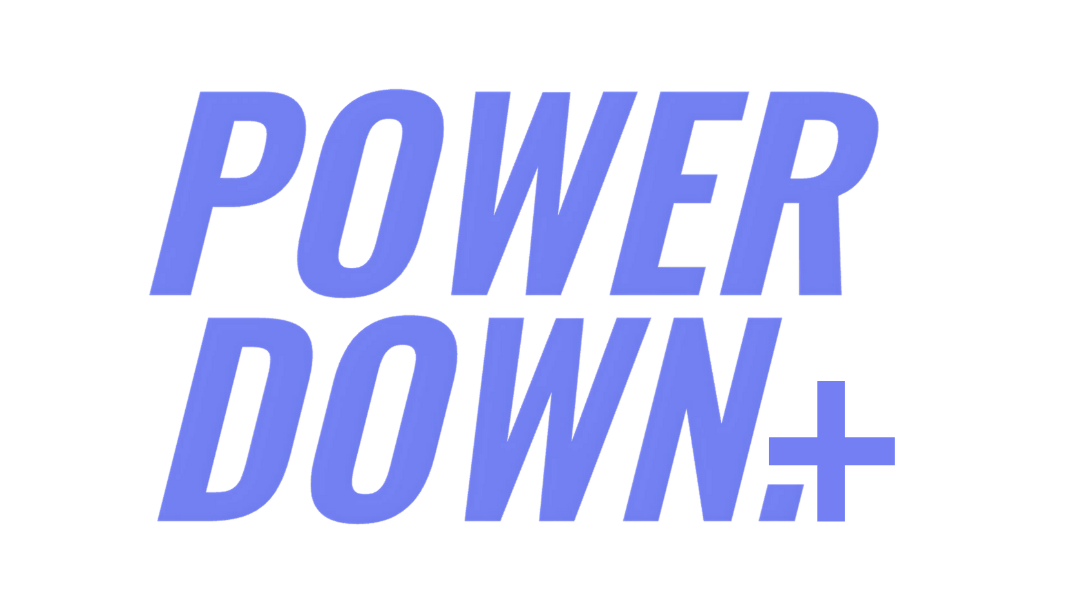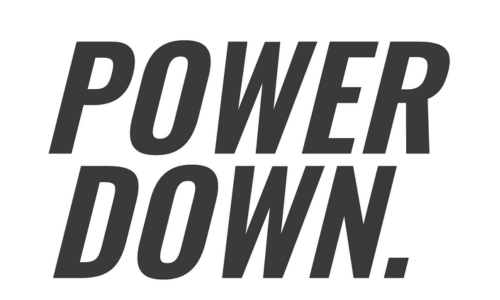I read a Reddit post the other night that hit like a mirror:
"Lately I can’t do anything without checking my phone halfway through. I’ll open a document and switch tabs within seconds. I pause movies to check notifications. I scroll while I'm already watching something else. I don’t even know why I’m doing it anymore. I just... feel like my brain is fried."
Sound familiar?
That post didn’t go viral. It wasn’t crafted. It was just honest. And that’s why it’s worth paying attention to.
Because that’s how so many people feel right now: scattered, overstimulated, and strangely unable to do even the things they want to do.

And teachers around the world are noticing it, too. Reports from educators—across age groups and continents—say students now struggle to sit still, maintain attention, and tolerate low-stimulation environments.
Classrooms that used to hum with focus are now filled with fragmented attention spans. It's not about discipline. It’s about overstimulation becoming the default.
So what’s going on?
Psychologists call it Popcorn Brain—a term coined by Dr. David Levy, a professor at the University of Washington who studies information overload and attention. He first observed this pattern in his students more than a decade ago.
Despite being highly intelligent and motivated, they struggled to concentrate, reflect, or tolerate silence. Their minds had adapted to constant stimulation—rapid tasks, notifications, clicks, and pings—at the cost of focus and deep thought.
His research showed that as digital inputs increase, our brain’s baseline expectation for novelty increases too. The result? A nervous system that feels agitated in stillness, even when rest is exactly what it needs.
You go from app to app, video to video, message to message. Your brain adapts by expecting speed, novelty, and endless input. Which means when it comes time to do anything deep, quiet, or real—your mind rebels.
It says: Where’s the next hit?
It twitches. It scrolls. It flees.

It’s not dysfunction. It’s adaptation. Your brain is doing exactly what it’s been trained to do—chase inputs and avoid stillness.
And just like our bodies get sick when they’re flooded with too much junk food, our minds get foggy, distracted, and anxious when we never give them space to rest.
Here’s the good news: you can retrain your brain. Slowly. Gently. Intentionally.
You can start by doing... less.
More soon.
In health,
Power Down

If you’re serious about changing your tech habits—and want to support the work we’re doing—consider subscribing to Power Down Plus.
Plus members receive:
Weekly assignments
Activities and recommendations designed to help build better habits.Automatic entries into our tech-free giveaways
Think: journals, analog experiences, meditation tools, and other slow-living essentials.Full access to our content archive
Dive back into everything we’ve shared so far.
